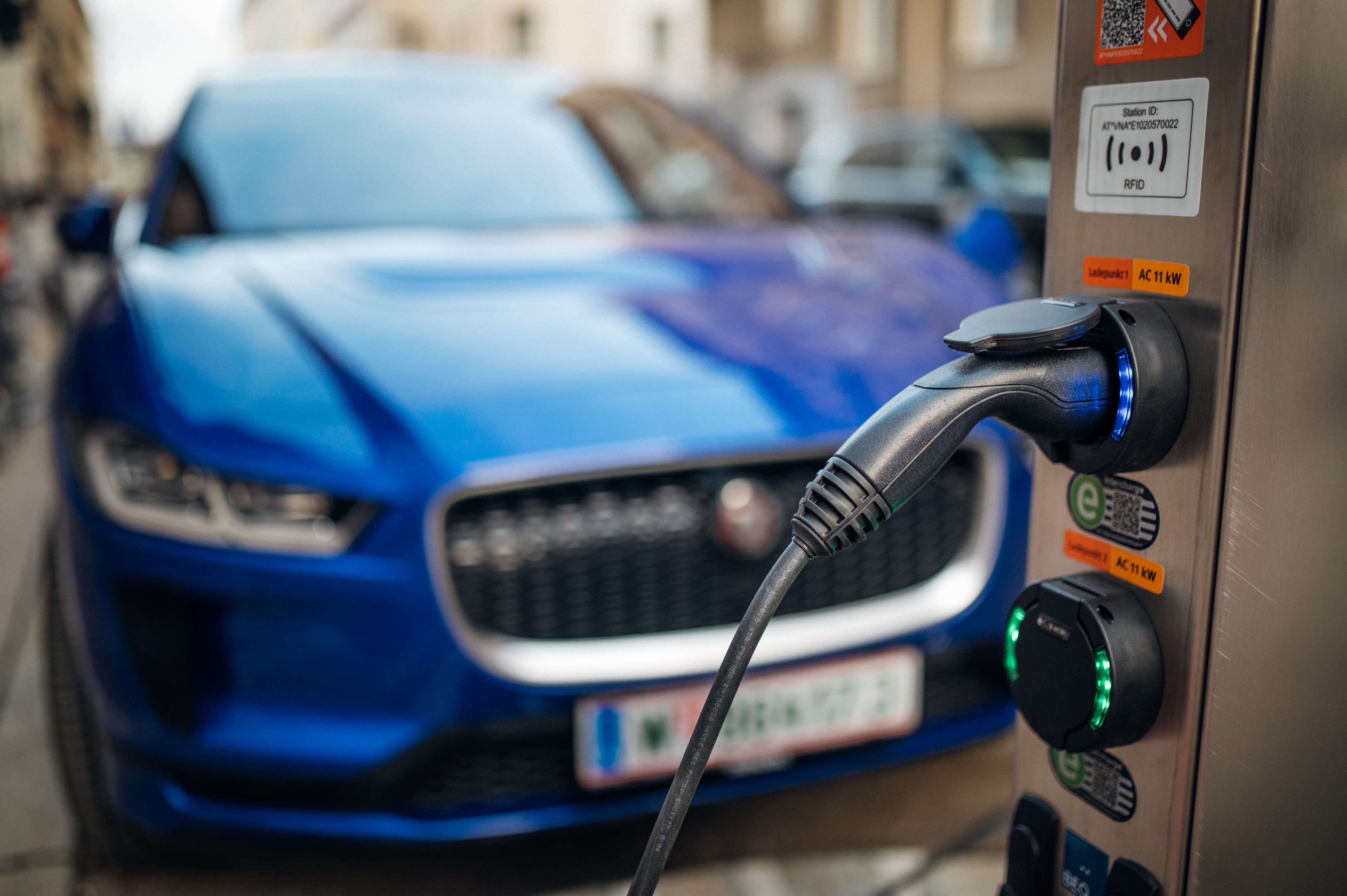PlugMapper Insights
Universal / Multi-Standard EV Chargers: Economics, Benefits & ROI
Why investing in chargers that support multiple connector types (J3400, CCS, CHAdeMO) may yield better long-term returns than single-standard units.

A universal EV charger supports multiple connector types (e.g. J3400, CCS) or swappable cables. That flexibility often commands a premium, but can pay back handsomely as standards evolve. Read more
Key economic advantages
- Future-proofing against obsolescence when standards shift
- Reducing stranded assets during transitions (e.g., J3400 rollout)
- Expanding your addressable user base (both CCS and NACS drivers)
- Better resale or redeployment value
Cost considerations & ROI modeling
Universal units cost more upfront (e.g. rugged housing, controller overhead), but can avoid replacement debates mid-lifecycle. Model payback assuming adoption curves and adapter carry rates.
Case example & sensitivity
In deployments analyzed by Universal EV Chargers, universal units can recoup the premium within 3–5 years via avoided replacement or adapter shrinkage. Read more
Limitations & cautions
Extra electronics generate heat, connectors may have lower peak specs, and warranty complexities increase.
Checklist when buying universal chargers
- Verify peak current rating across all supported standards
- Ensure regulatory compliance of all connector types
- Check modular cable/whip replacement costs
- Compare total cost of life, not just first unit price

